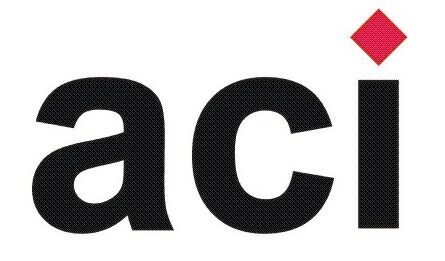
- Academic Papers
- Case Studies
- Work in-Progress Papers
- Round Table Discussion Proposals
- PhD Papers
- Posters
- Non- Academic or Practitioner Contributions
Aims and Scope
Over the past few years the importance and relevance of e-learning has become very clear. From school children during the pandemic to professional training in remote environments there are many practical implications.
Increasingly e-learning is taking a logical place in the design of learning materials. It is often integrated in the design process of learning. A blended learning design cycle sets goals, works out how these goals are best achieved and then fills out the appropriate methods of learning. In this way, e-learning can be chosen as a method of learning and can be selected for its true value. We are expecting examples of great course design as well as examples of good practice, showing the real value of e-learning innovations. By investigating the design and rationale behind good practice individuals will be better able to apply e-Learning applications in their own setting.
At ECEL we are seeking examples of great course design as well as examples of good practice, showing the real value of e-learning innovations. We are also interested in the evaluation of e-learning applications.
Key Topics
- Blended learning
- Digital Literacy
- e-Learning in the Workplace
- Flipped Classroom
- Learning Management Systems
- Mobile Technologies
- MOOCs
- Pedagogy
- Social Media
- Teacher Training
- Testing and Assessments
For more information on Key Topics please click here
Mini Tracks
- Intelligent Adaptive e-Learning Systems and Applications
Technology in Teaching and Learning
For more information on, or to submit to, a Mini Track, please click here
Important Dates
| Abstract submission deadline | STILL ACCEPTING ABSTRACTS |
| Notification of abstract acceptance | 17 April 2024 |
| Full paper due for review | 23 May 2024 |
| Notification of paper acceptance (with any requested changes) | 01 August 2024 |
| Earlybird registration closes | 15 August 2024 |
| Final paper due (with any changes) | 29 August 2024 |
| Final Author payment date | 19 September 2024 |
| Excellence awards abstract submission | 15 May 2024 |
| Excellence awards notification of abstract acceptance | 29 May 2024 |
| Excellence awards full case history submission | 08 July 2024 |
| Excellence awards finalists announced | 08 August 2024 |
